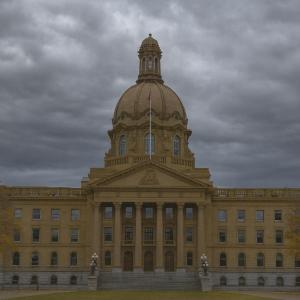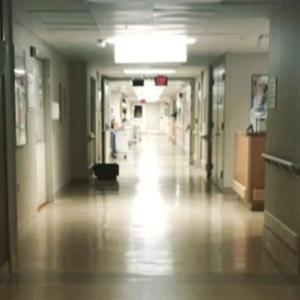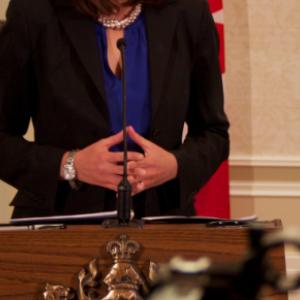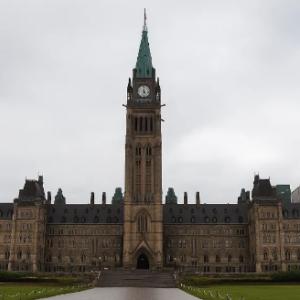With health on the ballot, let’s take the opportunity to get qualified immigrant doctors practicing in Ontario
Only a month ago, our media was flooded with stories of Ontarians lining up in the hundreds, braving a January snowstorm in Walkerton, to join a new doctor’s roster.
Ontario’s healthcare shortages should be the defining issue in our provincial election. The trade war with our southern neighbours should not distract us from this urgent reality.
Access to primary care is complex, involving jurisdictional challenges, but there are real solutions on the table — and Ontario has thousands of highly skilled internationally trained physicians (ITPs) who are a key part of those solutions.
The appointment of Dr. Jane Philpott to lead Ontario’s new Primary Healthcare Action Team was a positive step, as is the effort to prioritize healthcare in this election. But we must act urgently and seize this moment to chart a path forward.
Despite thousands of healthcare professionals immigrating to Canada for opportunities to contribute, most immigrant doctors are still stuck on the sidelines, unable to use their skills. Despite some progress, there is still much work to do to create and expand pathways so that they can be assessed, oriented and integrated.
Many ITPs — if not most — lose “recency of practice,” a requirement for licensure. They’re caught in a cycle, unable to practice without a license and unable to get licensed without having practiced recently.
Healthcare journalist André Picard recently explored the complexity of this issue. He’s right when he says it’s complex, but also it’s also solvable.
Our organization, World Education Services (WES), recently joined Dr. Philpott on Ontario’s Internationally Trained Physicians Advisory Committee, alongside key stakeholders including the College of Physicians and Surgeons of Ontario, the Ontario Medical Association, policy experts, and ITPs. We explored practical, do-able solutions to make sure qualified internationally educated physicians can practice here.
WES proposes a holistic three-pronged system to effectively “triage” internationally trained physicians into appropriate pathways. Many provinces have had one, two, or all three of the legs of this stool in place for years. But Ontario needs to catch up.
First, recent graduates or those with training gaps would be channeled into a residency training program at the appropriate level. This requires expanding available residency positions — no small task given physician shortages. And as long as there are more candidates than residency positions, we need to ensure that experienced immigrant physicians have a fair shot at them. Moves in both directions are essential.
Second, experienced physicians meeting eligibility criteria would enter the newly-established Practice Ready Ontario, a program modeled after successful initiatives across Canada. Launched last year, this program has already placed 28 physicians in underserved Ontario communities. With proper investment, this program can scale up and more ITPs stuck in the cycle of unmeetable requirements can get into practice.
Third, Ontario should follow Alberta, BC, Manitoba, and Nova Scotia by creating a regulated role for eligible immigrant physicians as clinical assistants or associate physicians. We can design this role so that it can become a pathway to full licensure.
Implementing these solutions requires political will, investment, and collaboration among federal and provincial governments, regulators, medical schools, and Ontario’s healthcare workforce. But it can be done. Ontario has successfully integrated thousands of internationally trained nurses over the past two years. With the right leadership, we can do the same for immigrant physicians.
This is decision time for Ontarians. Ask your candidates how their party plans to move these solutions forward. If not now, when?
---
Shamira Madhany is the Managing Director of World Education Services
Joan Atlin is the Senior Director of Policy and Research for World Education Services









